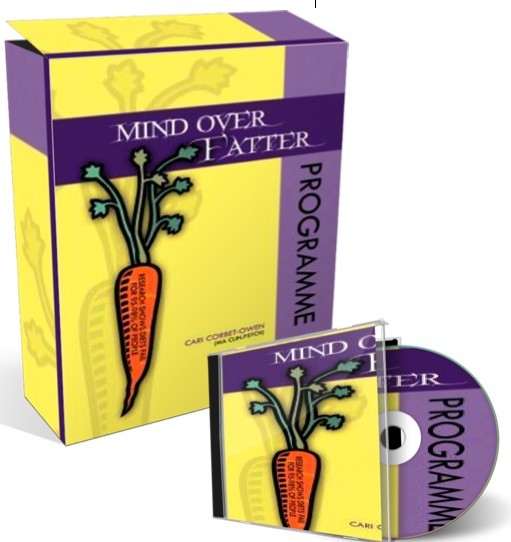Are Eggs, Meat, and Dairy Bad for High Cholesterol?
Here is a closer look at the impact of eggs, meat, and dairy on cholesterol:
Eggs: Eggs have been mistakenly labeled as a major dietary source of cholesterol. While it is true that an average-sized egg contains about 185 milligrams of cholesterol, it also contains other essential nutrients such as protein, vitamins, and minerals. Current research suggests that consuming up to one whole egg per day does not significantly increase the risk of heart disease in healthy individuals.
Meat: The type of meat and the way it is prepared can significantly affect cholesterol levels. Red meats such as beef, pork, and lamb tend to be higher in saturated fat, which can raise LDL (bad) cholesterol levels. However, leaner meats like poultry (without the skin) and fish are good sources of protein and can be part of a heart-healthy diet. It is also important to limit the consumption of processed meats, such as bacon, sausages, and hot dogs, as they are high in saturated fat and sodium.
Dairy: Dairy products can have different effects on cholesterol levels. Whole milk and full-fat dairy products contain saturated fat, which can increase LDL cholesterol. However, low-fat and fat-free dairy products, such as skim milk, yogurt, and cheese, can actually help lower LDL cholesterol. These products are rich in nutrients such as calcium, vitamin D, and protein, which are essential for overall health.
It is important to note that individual responses to different foods may vary, and what works for one person may not work for another. In general, it is recommended to consume a balanced diet that emphasizes fruits, vegetables, whole grains, lean proteins, and healthy fats, while limiting the intake of saturated fat and cholesterol from processed foods. Consulting a healthcare provider or registered dietitian can help you determine the best dietary approach based on your individual health needs and goals.
-
getting back on track
QuestionWell to tell you about myself first...Im 26, married, and
-
maintaining/losing weight w/o strenuous exercise
QuestionFor the past few months I had been walking briskly for 30
-
Big Belly
QuestionHi I am a 50 year old healthy male, a bit chubby,but with
-
I want to kill the fat !! Please help.
QuestionHi, I am a 21 years old girl, I got married in sept 2010
-
how to lose weight
QuestionIm overweight and I eat a lot. Sometimes I dont eve
-
Inheritance
QuestionCan obesity be inherited? Is it located in the gene
